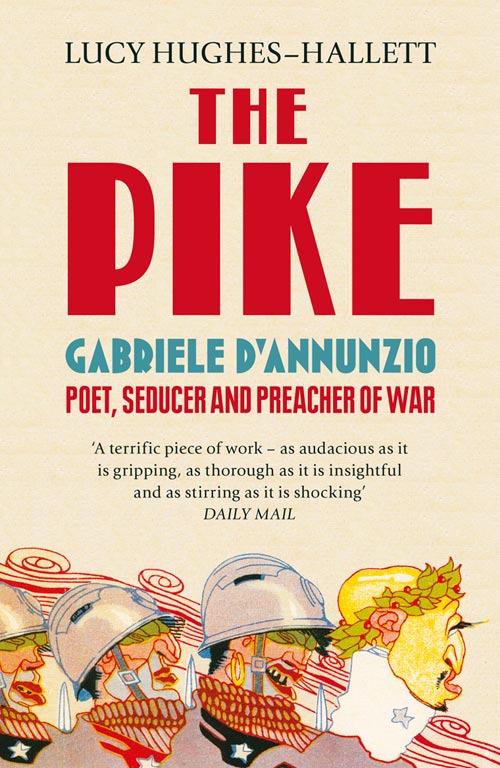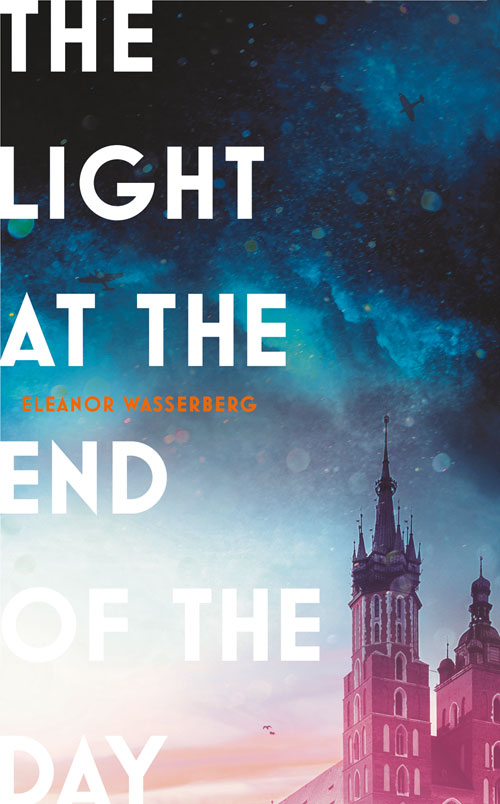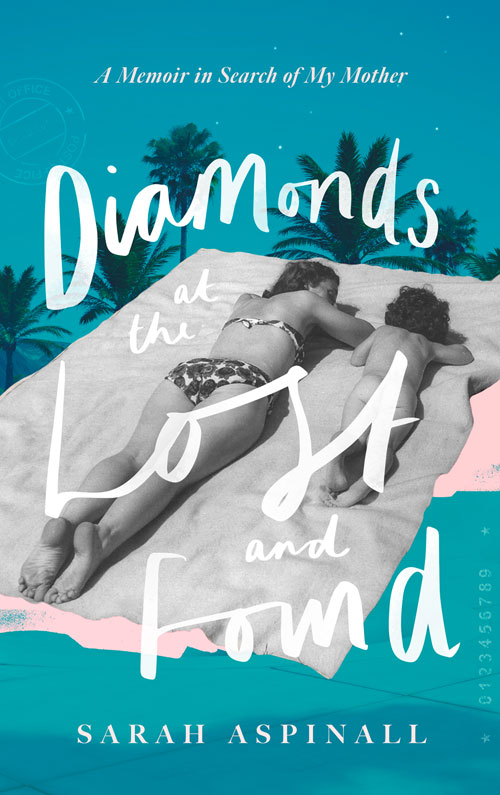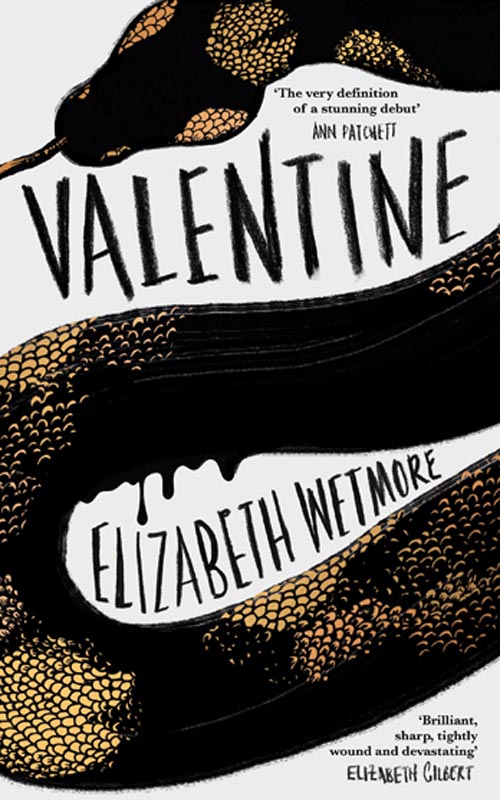How do I feel about winning the Samuel Johnson Prize? The answer is predictable and embarrassing. In a word, smug. And since there’s nothing more unattractive than smugness I’m not going to go on about it. Let’s imagine instead what my subject, d’Annunzio, would have thought of the award.
D’Annunzio didn’t need prizes. He knew he was the best. He called himself ‘the greatest Italian poet since Dante’, il Vate (the bard), and ‘the voice of my race’. His sons were not allowed to call him Papa – he required them to address him as maestro. His lovers, of whom there were many, called him ‘the Poet’ (with a capital P), as though there were no other poets worth bothering with. In later life, once he had become involved in politics and subsequently re-invented himself as a war-hero, he called himself the Commandant or il Duce. The title, obsolete since the time of the Roman empire, was one of the many things Mussolini copied from him. A man so quick to grant himself titles would never have felt the need of a literary award.
Nor would he have much approved of the judging process. He described democracy as a ‘rising tide of grey sludge’. He sat briefly in the Italian parliament as ‘candidate for beauty’ but when called upon to place his vote said haughtily ‘I am not a number’. It seemed to him outrageous that his vote – the vote of a maestro! – would count for no more than anyone else’s. He wouldn’t have wanted to sit on a judging panel. Nor would he have liked to accept the decision of one, unless it decided for him. He was sporty – he loved rowing, boxing and ping-pong, and he was the first man in Tuscany to ride a bicycle – but he was not a good sport.
He would have welcomed the cheque, though, had he won. He earned huge sums from his writing, but he spent even larger sums, usually before he had earned them. He splurged on flowers, and greyhounds and furnishings for houses from which he often had to decamp in a hurry. He moved frequently throughout his life, in flight from his creditors, but fetching up over and over again in castles or palaces lent him by his richer friends. Among his many other talents, he had a great knack for living on nothing a year.
What he would have liked best, though, is what I liked best, the praise of discerning readers. When judge James McConnachie described my book, just before the winner was announced, my heart was going ge-ding ge-doing so hard I could hardly hear him. It was a delight to be able to listen again to what he said and to know that, in picking my book, the judges had seen exactly what I was trying to do. The Pike, said McConnachie, ‘could change the way biographies are written’. Even d’Annunzio, arrogant as he was, would have taken pleasure in that.
Since this piece was written Lucy Hughes-Hallett’s The Pike: Gabriele d’Annunzio has gone on to win the Costa Biography Award, the Duff Cooper Prize and the Paddy Power Political Biography of the Year Award.



